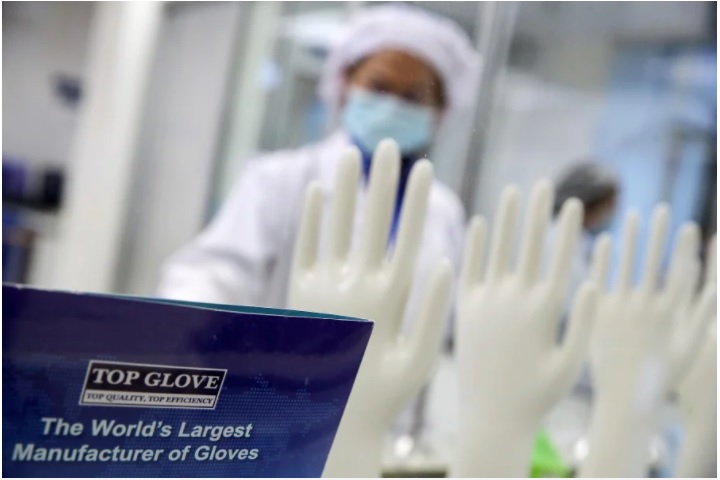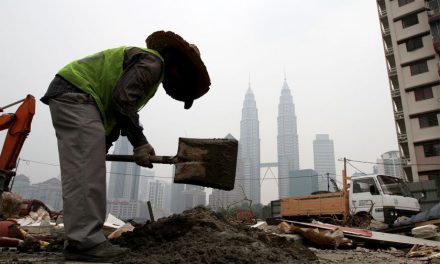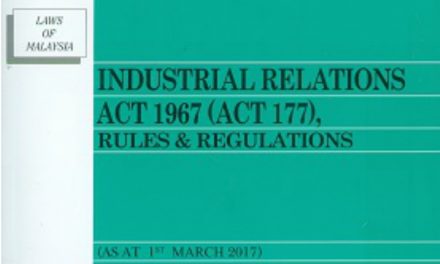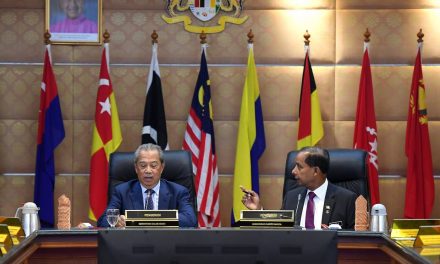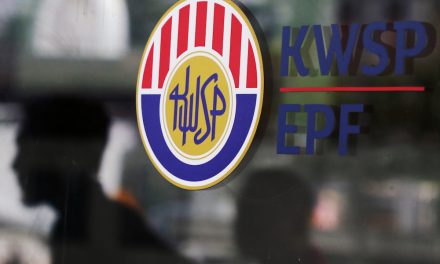KUALA LUMPUR | Leading rubber glove manufacturer, Top Glove Corp Bhd paid more than US$30 million in compensation to workers trapped in debt bondage before the United States (US) resumed imports of disposable gloves from the company.
The company, in the span of 14 months, also improved labour and living conditions for its workers to get the green light from the leading global economy.
The US Customs and Border Protection (CBP), had in July 2020, issued a Withhold Release Order (WRO) against the company over suspicions of debt bondage, excessive overtime, abusive working and living conditions, and retention of identity documents.
The CBP, after turning the WRO into a finding on March 29 last year, seized shipments of latex gloves from Top Glove that was en route to Kansas City.
Eric Choy, the executive director for trade remedy and law enforcement at CBP said the finding was modified in September 2021 after the company’s top management fulfilled its commitments to remediate forced labour indicators in its workforce.
“CBP suspended the enforcement of the finding after Top Glove demonstrated that forced labour is no longer used to manufacture goods exported to the US. US importers may now source from Top Glove and the company’s products are among the trillions of dollars of goods that enter the US legally,” he told Malaysian reporters, during a virtual media roundtable session, on Thursday.
Choy said, reversing a WRO can be a long-drawn process since the companies in question often need to undergo intense restructuring to rectify labour violations.
The companies, he said, must also get independent auditors, preferably those prominent in the human rights field, to verify their remediation measures.
Choy said the CBP can re-issue a WRO against a company suppose it relapses into labour violations.
So far, the CBP has issued eight WROs and two findings against Malaysian companies, mostly from the disposable glove and the palm oil industries.
Besides Top Glove, the CBP has also revoked the WRO issued against WRP Asia Pacific Sdn. Bhd in March 2020.
Deputy executive assistant commissioner of Office of Trade at CBP, John P Leonard, said the CBP expands a WRO into a finding if evidence indicating labour violation against a company increases over time.
“A finding enables the CBP to seize goods from the company upon entry. They would be given three months to prove that no forced labour was used to manufacture the goods or opt for the items to be returned to the country of origin. Persistent engagement by the company with us is the key to modifying a WRO. In the case of Top Glove, the chief executive officer and his deputy leaned in and made recurring communication with us,” he said.
Leonard also commended Malaysia for its “encouraging progress” to eliminate the use of forced labour through the National Action Plan on Forced Labour (NAPFL) 2021-2025.
He also lauded Malaysia’s decision to ratify Protocol 29 of the International Labour Organisation (ILO) and for its participation in the United Nation’s Sustainable Development Goals to end modern slavery, trafficking and child labour.

